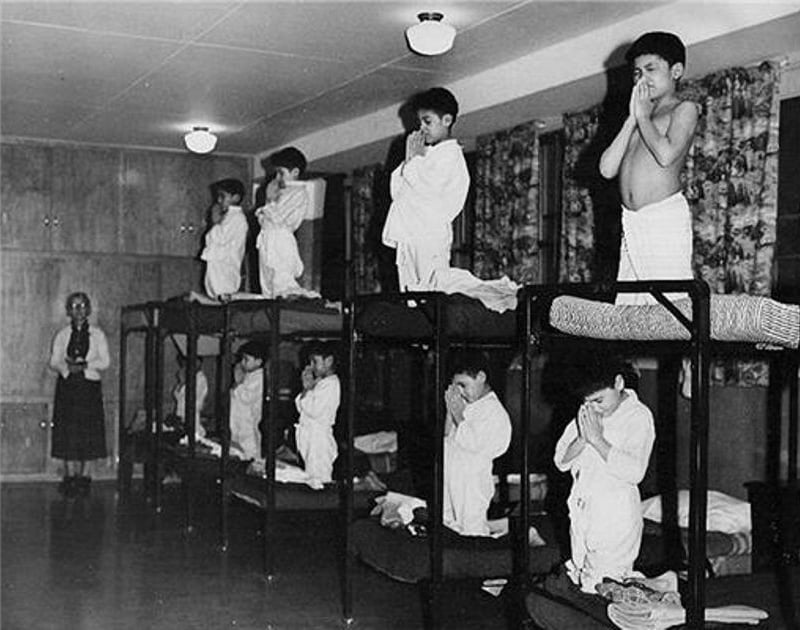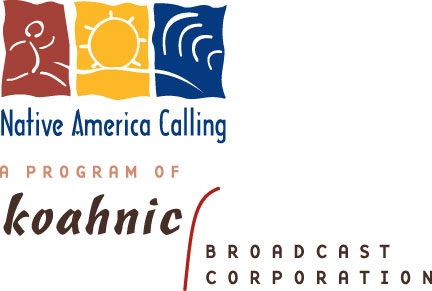In This Series
How Canada Created a Crisis in Indigenous Child Welfare
Part one of a series: from residential schools to the Sixties Scoop, governments set out to undermine Indigenous families.
How Poverty and Underfunding Land Indigenous Kids in Care
Part two of a series: governments falling short in fixing Indigenous child welfare crisis, say critics.
Lessons from Care: ‘If the Government Hadn’t Done All Those Terrible Things’
Part three in a series. Who better to
ask for solutions than Indigenous youth who have been in government
care. First up, Ashley Bach.
The Kelowna Accord, Racism and the Child Welfare Crisis
Part four in a series. Former PM Paul Martin says an opportunity was lost; Cindy Blackstock isn’t so sure.
Changes Coming — Slowly — to Indigenous Child Welfare in BC
Part five of a series. Now that governments are finally acknowledging the problem, here’s what is changing.
Lessons from Care: ‘The Only Flaw in This System Is that Some of Us Survived’
Part six in a series. Jaye Simpson on lessons from a childhood in care.
Closing the Gap Between White Schools of Social Work and Indigenous Families
Part seven of a series. Indigenizing social work, one school at a time.


















